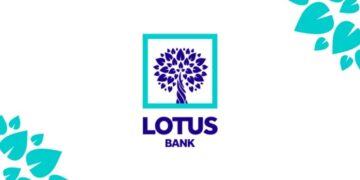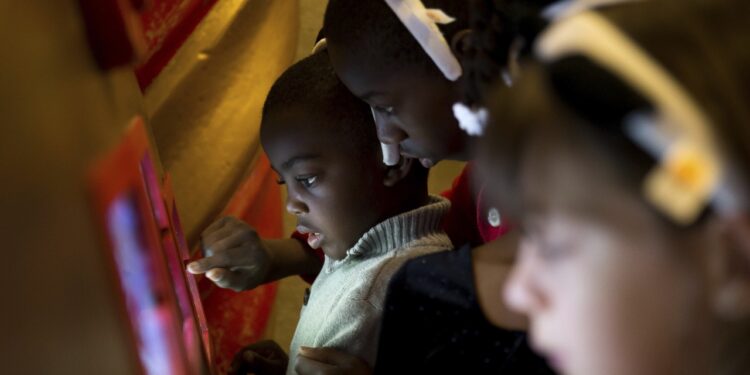In the rapidly evolving digital world, Artificial Intelligence (AI) offers us amazing advancements. However, it also presents new challenges, especially for children who are among the most vulnerable to its unintended consequences. With the increasing integration of AI into everyday life, it’s crucial for parents to understand these risks and adopt measures to protect their children.
The Dark Side of AI: Risks to Children
Several alarming cases have highlighted the potential dangers of AI when it comes to children. For example, AI-generated child sexual abuse material (CSAM) has created a disturbing new reality. These lifelike, fabricated images can be used for blackmail or coercion, even if no real explicit content exists. Last year, in Europe, a 14-year-old girl fell victim to AI-driven grooming. Predators used sophisticated algorithms to analyze her online activity and tailored their approach to exploit her vulnerabilities.
In another stark example, parents in the U.S. were shocked to discover their child’s AI toy had been hijacked to deliver harmful messages, emphasizing how easily AI can be turned into a tool for manipulation.
Three Major AI Dangers Every Parent Should Know
1. AI-Generated Content: Predators can create harmful, fake content using a child’s publicly available photos, debunking the line between real and artificial. This can lead to sextortion, where perpetrators threaten to reveal these fake images.
2. AI-Driven Grooming: Unlike traditional grooming, AI uses advanced algorithms to make predators more effective. By automating the analysis of vast amounts of data, predators can identify and exploit vulnerabilities with alarming precision.
3. Emotional Manipulation: AI chatbots can build false relationships based on the data they gather. These interactions can lead to significant psychological consequences, as children may form emotional attachments to these bots.
How to Shield Your Child from Manipulative AI
1. Establish Clear Boundaries: Limit the time your child spends interacting with AI-powered devices and ensure they are monitored. Encourage them to share any encounters that make them feel uncomfortable.
2. Educate on Online Safety: Teach your children to never share personal information such as their name, address, school, or phone number with AI tools or chatbots. Open communication is key—make sure they feel comfortable talking to you about their online experiences.
3. Use Parental Controls: Take advantage of the security settings on devices and apps to restrict access to harmful content. Regularly update and review these settings to ensure ongoing protection.
4. Stay Involved: Participate in your child’s online activities and be aware of the platforms and tools they are using. Familiarize yourself with the potential risks associated with these technologies.
5. Promote Critical Thinking: Encourage your child to think critically about the information they encounter online and understand that not everything is as it seems.
6. Implement Ethical AI Practices: Push for AI policies and systems that prioritize children’s rights and safety. Advocate for transparency, explainability, and accountability in AI development.
Conclusion
AI can be both a great tool and a potential risk for children. By being vigilant and proactive, parents can help ensure that AI remains a positive force in their children’s lives. It’s crucial to acknowledge the realities of these dangers while fostering an environment that encourages safe and responsible use of AI.
If you have any more questions or need further assistance, feel free to reach out. Together, we can work towards a safer digital world for our children.
Sources:
https://www.safeaiforchildren.org/risks-of-ai-for-children/
https://www.defendyoungminds.com/post/ai-safety-for-kids-6-best-practices-every-parent-should-know
.
______________________ Adeyosola Nwangwu is a Mathematics Teacher with expertise in the British, American, and Nigerian curricula for junior and senior secondary schools and has worked with schools in Lagos and Abuja. She is a curriculum and policy enthusiast whose passion for learning about best practices to implement and improve education in Nigeria has led her to Japan. She recently graduated from the Teachers' Training program at the University of Tsukuba, Japan, where she conducted research on the mitigation of learning loss due to the pandemic and is looking forward to furthering her research on related issues, and was also the president of the Association of African Student(AASUT) at the university. She obtained her first degree in Educational Management from the University of Ibadan, Nigeria, and is a member of the Teachers Registration Council of Nigeria. She has worked with teams from South Africa, the UK, and Canada on curriculum mapping and teaching mathematics throughout the span of her teaching career. She is currently the lead teacher at thelessonteacher.com.ng, a private outfit that provides tutoring services for learners of Math, English, and the Sciences in Nigeria and beyond since 2016. louiesek94@gmail.com














































































 EduTimes Africa, a product of Education Times Africa, is a magazine publication that aims to lend its support to close the yawning gap in Africa's educational development.
EduTimes Africa, a product of Education Times Africa, is a magazine publication that aims to lend its support to close the yawning gap in Africa's educational development.